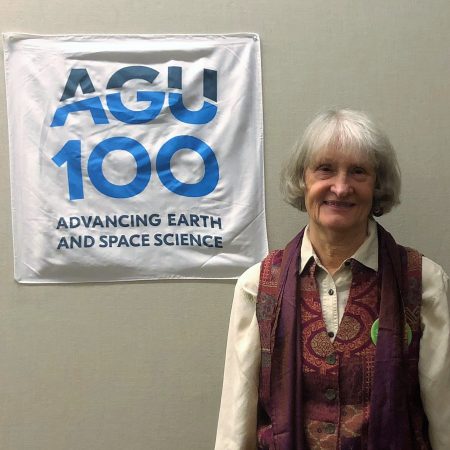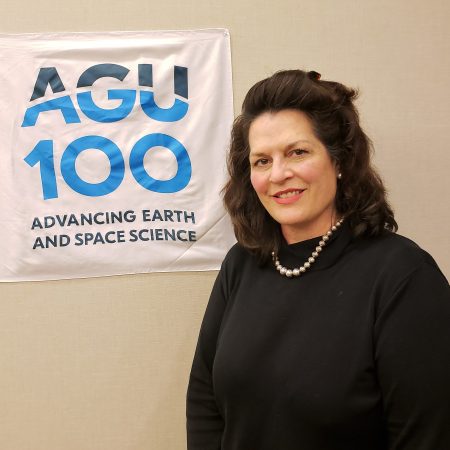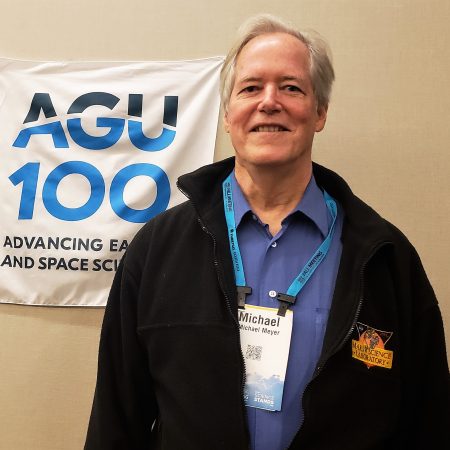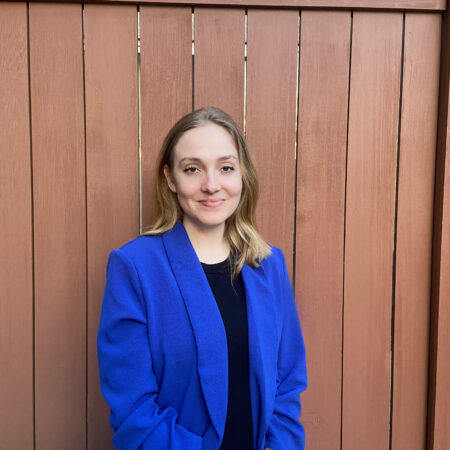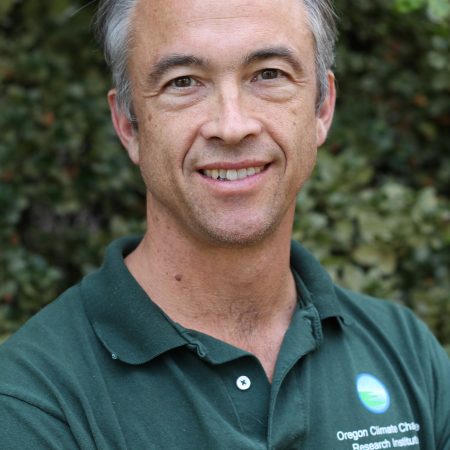Refine
Date Range Clear
Recorded by Clear
Keywords Clear
- Long Beach California 35
- Community 24
- Concordia 35
- Concordia College 35
- Concordia College Moorhead 35
- devestation 35
- Rodney King Trial 35
- rioting 35
- Army National Guard 35
- IWC 35
- career path 17
- #AGU100 35
- #AGU 34
- discovery 18
- NASA 18
- Advice 9
- Collaboration 7
- changing planet 6
- #womeninscience 6
- data 5
- planetary 4
- Climate 3
- 155 more
Partnerships Clear
Organizations Clear
- American Geophysical Union 9
- The American Geophysical Union 3
- Ameican Geophysical Union 1
- American Geophsyical Union 1
- American Geophysican Union 1
- 9 more
Places Clear
Languages Clear
Initiatives Clear
Dr. Claire Parkinson, senior scientist at NASA's Goddard Space Flight Center since 1978, discusses using satellite data to monitor sea ice in the Arctic and Antarctic and serving as project scientist for the NASA satellite Aqua, which makes measurements of...
Putting up tall PVC pipes with pointy sensors to measure electrical fields in an approaching lightning storm may seem reckless, but it’s all part of the job for Timothy Lang. The NASA research scientist spends a lot of time in...
Laurie Brown, Professor Emeritus at the University of Massachusetts, has been a member of AGU for 46 years. She shares her observations on the growth of paleomagnetism at AGU and its importance in helping address climate. She also discusses how...
Jack Kaye, associate director for research at NASA's Earth Science Division, discuss his origins as a chemist and earth scientist, and how he was recruited to Goddard to be a chemist among meteorologists. "My boss would advertise me as his...
Kristen Erickson, Director of science engagements and partnership, recently helmed NASA’s efforts to involve over 154 million adult Americans with direct participation with the 2017 total eclipse – the largest engagement effort in NASA history. But in her more than...
Brian Day, of NASA’s Solar System Exploration Virtual Institute, leads a group of scientists in visualization and analysis of spacecraft data. Brian was taught that there’s no water on the moon, there’s no atmosphere on the moon, and the moon...
Elizabeth Rampe, a mineralogist, studying Mars at the NASA Johnson Space Center, shares about her life and work. She focuses on minerals on the surface of Mars which formed from water-rock interactions, which have the potential to show billions of...
Michael Meyer, NASA's Chief Scientist for the Mars Exploration Program, talks about his life and work in science. As a teenager working as a deckhand on a treasure diving boat in Florida, he was hired to replace some fired divers...
Casey spoke with her good friend, Courtney, about living with invisible disabilities. Casey has myalgic encephalomyelitis (ME), formerly known as chronic fatigue syndrome, which was triggered by a COVID infection in 2021. In addition to ME and Long COVID, Casey...
Is it a good time to be a climate scientist? Yes, says Phil Mote, Director Oregon Climate Change Research Institute at Oregon State University. Predictions over the past 40 years are coming true and while some look at that with...


